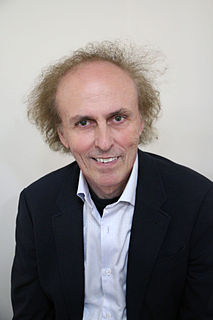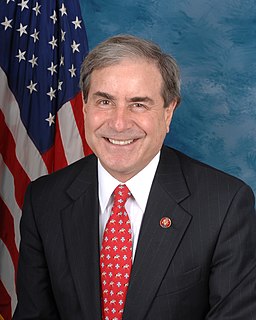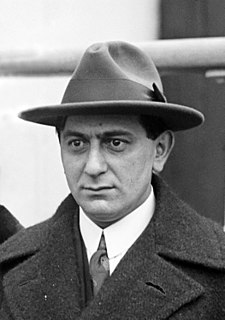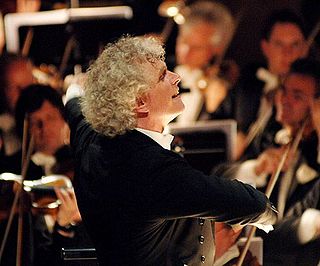A Quote by William Friedkin
The art of movies is to allow the audience to suspend their disbelief. They need to use their imaginations.
Related Quotes
Whenever you're writing a book or creating a movie or a game, your first task is to get the reader/audience/player to suspend disbelief, to buy into the logic and boundaries of your world, even though those boundaries might include things like dragons and magic. To do that, you need long threads - of history and culture.
As a child, I was just never that interested in the lives of my favourite actors, like Cary Grant. I do wonder whether knowing too much about someone's personal life interrupts an audience's ability to suspend disbelief, to really invest in the characters. My preference would always be that people engage with the work.
I always like to have faith that an audience will suspend their disbelief, if you present it to them in the right way. I find it peculiar when people scoff at one bold idea, and yet they'll then turn over and watch a man travel through time in a police phone box. I think it's just how you present the idea.






































